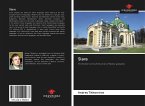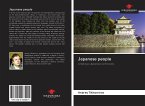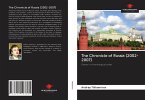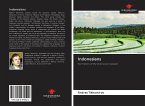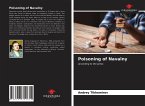Leviticus, like the whole Bible, was composed by different people for a long time, later written down by priests and acquired a "sacred" look. At this time the zhretses' estate, originally merged with the chief of the tribe, is being formed, the council of elders is losing power more and more... In a broad sense - the final stage of decomposition of primitive society and its transformation into a slave-owning society, the economy of ancient Jewish tribes underwent various changes during this time, as well as other peoples: from hunters to shepherds, then to agriculture; from subsistence farming to men's, gradually formed a slave-owning system, which was reflected in Levit. The Book of Numbers describes the first census of the Israelites, but the main content of this book is a historical account of how the Israelites roamed through Sinai. Defining the lands of the future seizure of Canaan - Palestine. However, the Torah was compiled after the invasions, so the concept of "future conquest" is used purely rhetorically, processing the texts of ancient tales by Jewish theologians in the V-IV centuries BC and gave the Torah its present appearance.
Hinweis: Dieser Artikel kann nur an eine deutsche Lieferadresse ausgeliefert werden.
Hinweis: Dieser Artikel kann nur an eine deutsche Lieferadresse ausgeliefert werden.



